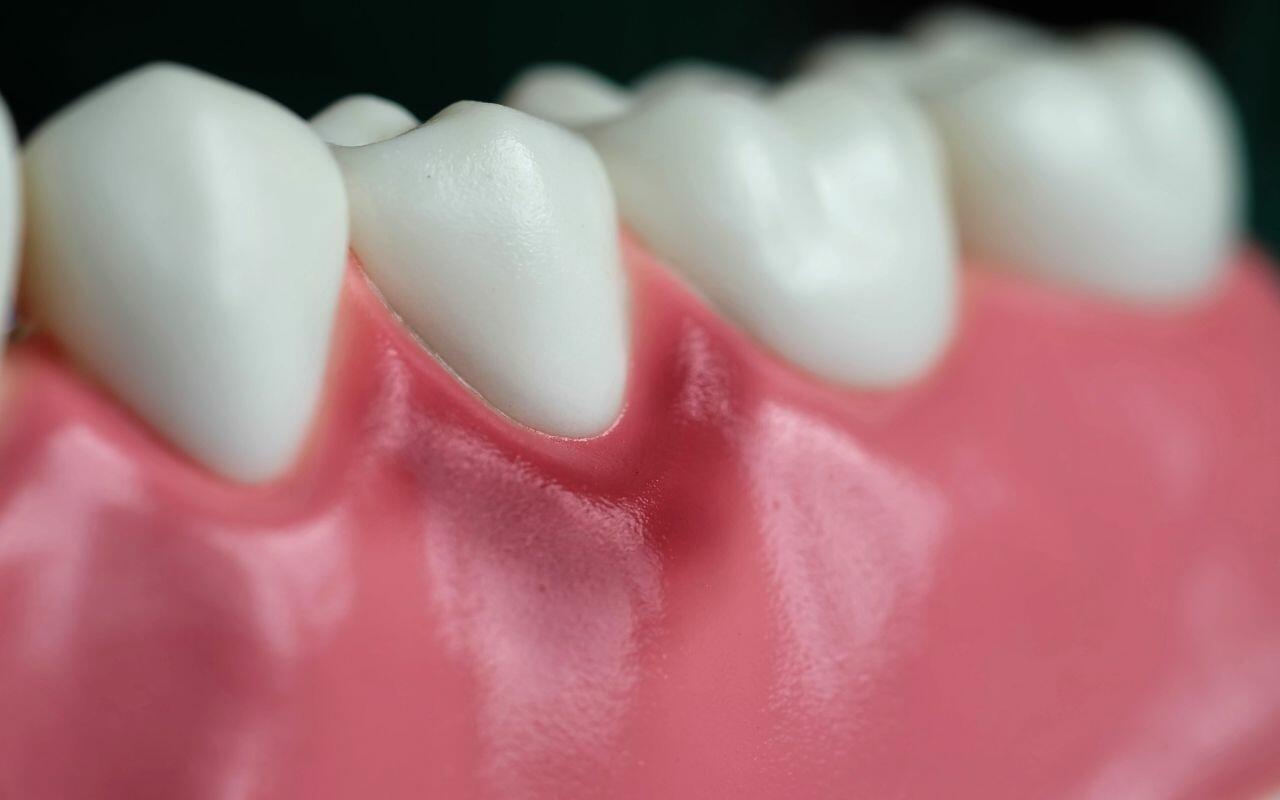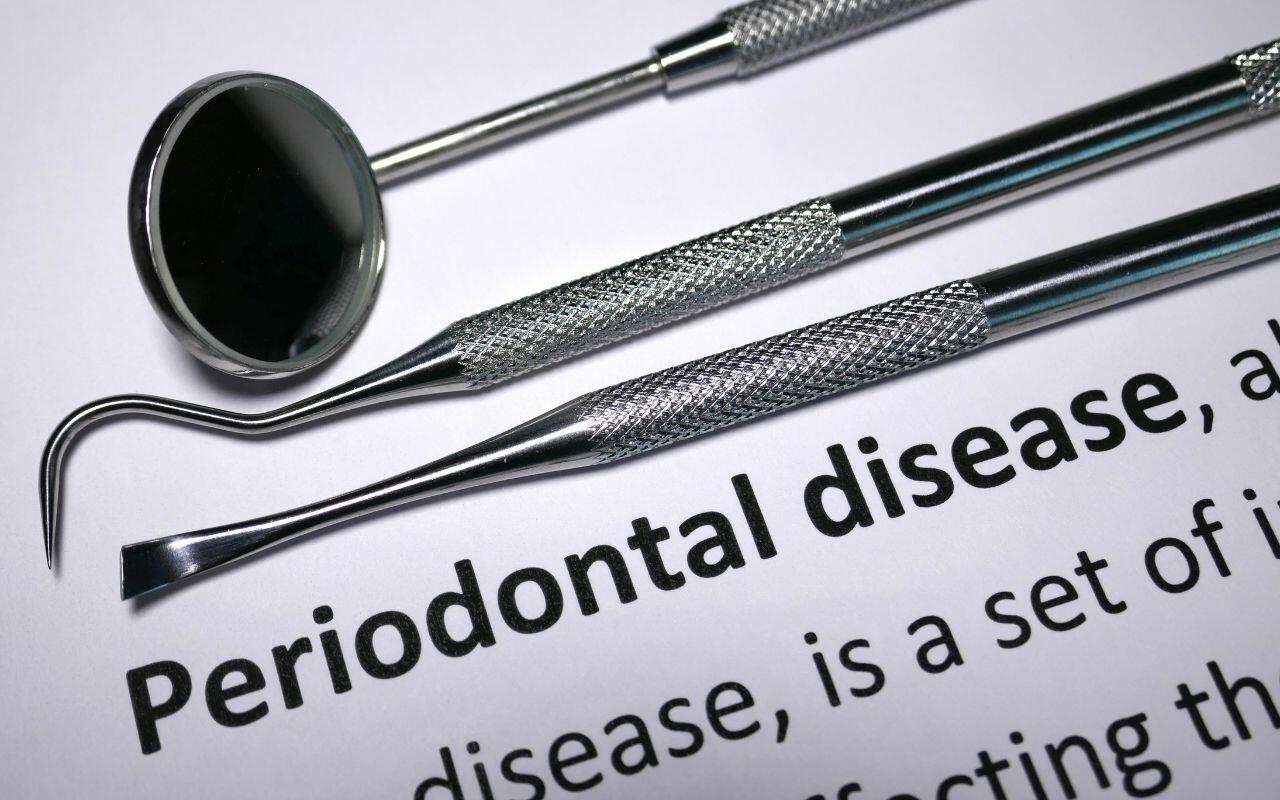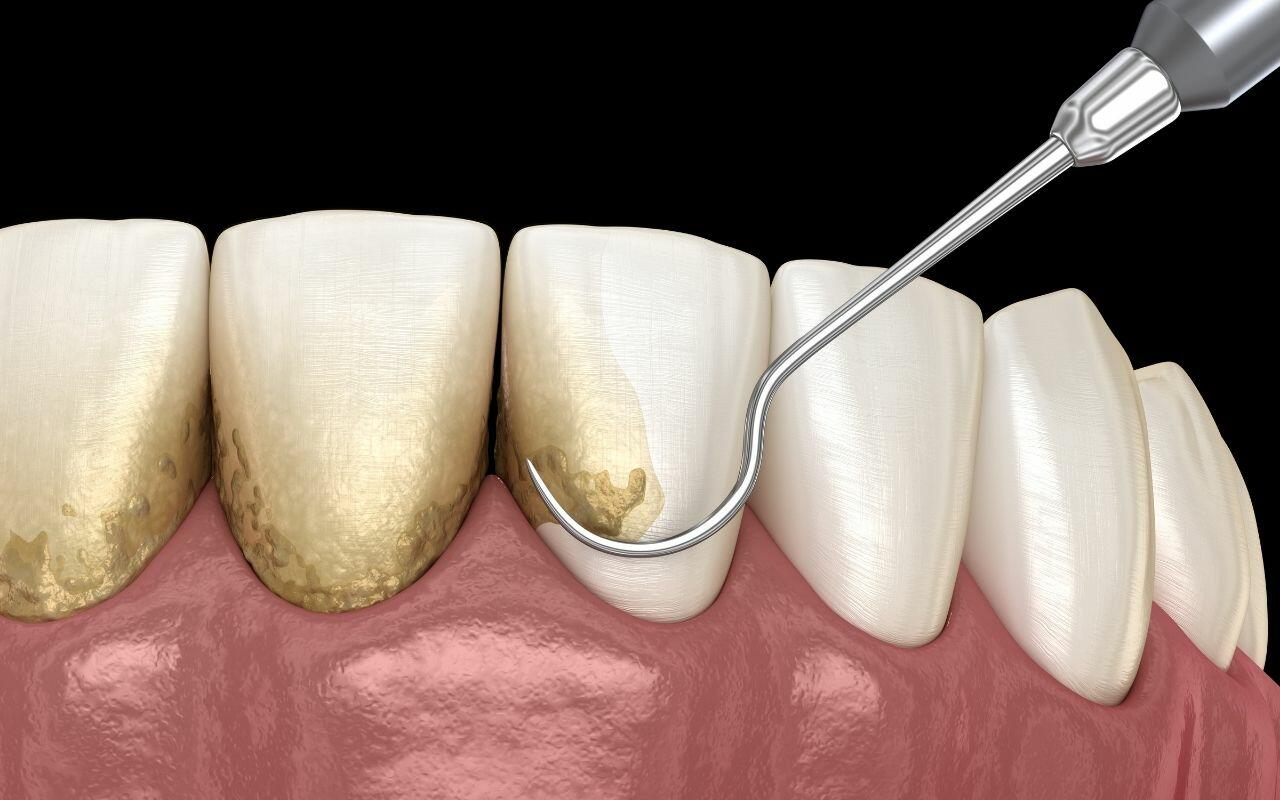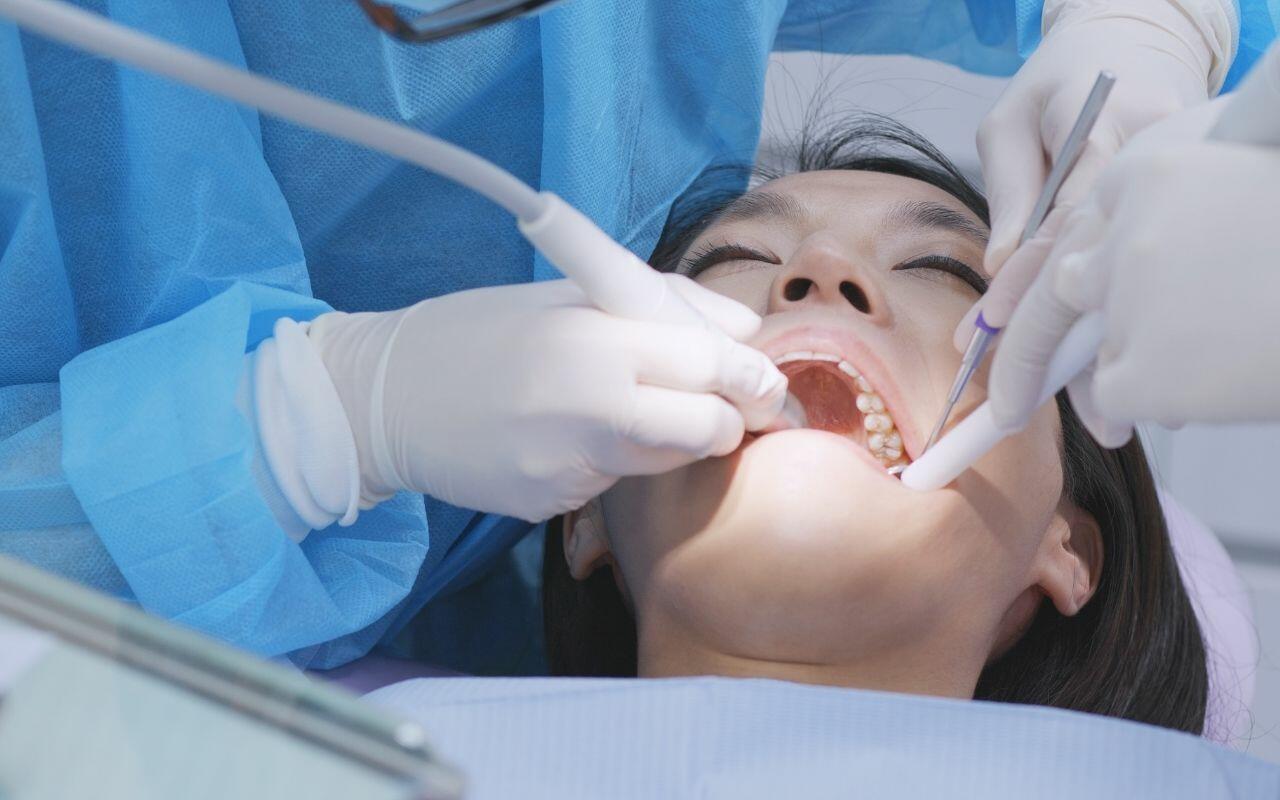Why do my gums bleed? This is a common question our patients ask. However, it is also a common question many patients avoid. If you see blood when you brush your teeth or taste blood often, you could have gum disease. Bleeding gums can happen every now and then and not be cause for alarm. However, if you find your gums bleed every time you brush or floss, it is something you should discuss with your dentist.
Here we explain the common reasons gums bleed, with tips to prevent and treat bleeding gums.
Why Should I Speak To My Dentist If My Gums Bleed?

A small amount of blood on occasion when brushing and flossing is common and no cause for alarm. It can happen for a number of reasons. However, if you notice gum bleeding has become the norm, it is always best to mention it to your dentist as soon as possible. Although improper dental care is often the cause of bleeding gums, there are other reasons that could be more serious.
As well, although your gums could be bleeding today due to a mild case of gum disease, if left unchecked, it can progress to a far more serious form of gum disease called periodontitis. All in all, ongoing bleeding is a good reason to set up a dental checkup. The sooner you discover the cause of the bleeding, the sooner you can help reverse or treat the issue.
Why Do My Gums Bleed?

In most cases, bleeding gums are a result of gingivitis. This is the earliest stage of gum disease which can actually be reversed if you receive proper care. Although it is mild, it can progress a lot more quickly than you might think. Advanced cases lead to periodontitis which has far more serious symptoms including pain, gum recession, and the risk for infection and tooth loss. So what is causing your gums to bleed?
The sensitive, tender gums caused by gingivitis are a result of plaque and tartar buildup. Tartar builds up when plaque stays on your teeth and hardens. While you can remove some plaque with brushing and flossing, you also need regular dental cleanings to remove plaque from areas along or below the gum line as well as between your teeth where your toothbrush can’t reach. When plaque hardens it causes irritation leading to puffiness and bleeding. Your dentist will remove the plaque before it causes gingivitis.
What Is Periodontitis?

As mentioned, when gingivitis progresses, it can lead to Periodontitis. This advanced stage of gum disease can still be treated before serious issues occur. This includes infection that spreads to the jawbone and/or the vital tissue connecting your teeth and gums. When this happens your teeth will loosen and eventually fall out.
Your symptoms will worsen with periodontitis including not just puffy, bleeding gums, but tooth pain, loose teeth, pain when chewing, tooth sensitivity, gum recession and more. The infection can spread throughout your body causing an inflammatory reaction that might require antibiotics. This is why it is so important to speak to your doctor about the early signs of gingivitis. They can provide instructions on proper oral care to help reverse the progress of gum disease.
Are Bleeding Gums Always Caused By Dental Issues?

No, there are other possible causes of bleeding gums including:
- Vitamin Deficiency: Deficiencies in Vitamin C or K can cause bleeding gums. Vitamin K is vital to assist with blood clotting, while a lack of Vitamin C makes blood vessels more prone to bleeding.
- Tight Dental Appliances: Dentures and other dental appliances that are too tight can also cause bleeding gums. In this case, you can speak to your dentist, and they can correct the fit.
- Pregnancy: Pregnancy causes hormonal changes that can cause gum bleeding and sensitivity in some women.
Discussing bleeding gums with your dentist can help pinpoint the cause. However, it is important to keep your dentist up to date on changes to your health or medications, as in some cases these changes could be the cause of your bleeding gums.
Can Gingivitis Be Reversed?

Yes, if your gingivitis is caught in the early stages, your dentist can provide improved oral care tips to help reverse the progress. Often it is simple issues with brushing and flossing that can be corrected. This is important because brushing and flossing help not just to remove plaque, but also to provide stimulation to keep gums healthy. As well, when your dentist discovers plaque and tartar buildup, they will often recommend professional cleanings more frequently to help reduce the risk for gum disease or the progression of gingivitis.
Are There Other Ways To Prevent Bleeding Gums?

Yes, there are a few lifestyle changes you can make to help prevent bleeding gums. First, if you smoke, you can quit. Smoking not only affects your overall health but also increases the risk for gum disease. As well, you can make sure you attend your recommended dental checkups and cleanings to reduce plaque and also keep an eye on gum health. Last but not least, you can add more foods rich in Vitamin C and K including more fruits and vegetables and plenty of leafy greens.
What Happens If Gingivitis Isn’t Treated?

When gingivitis isn’t treated the gum disease continues to progress. You increase the risk for pain and tooth loss as well as the likelihood of more involved and expensive dental treatments. Periodontal Scaling and Root Planing are required for advanced cases of gum disease. Scaling is used at your dental checkups to remove plaque, and for patients with gum disease is required to reach tartar buildup below the gumline.
Once the area is cleaned, root planing is required to smooth the root and help keep the teeth attached to your gums. In very severe cases, Laser Gum Treatment is required. A laser is used to remove the infected gum tissue and the tartar is removed from your tooth roots.
We always say an ounce of prevention is worth a pound of cure. When you follow a healthy oral care regime and schedule your regular dental cleanings you reduce the risk for bleeding gums, tooth decay and gum disease.
Call today to schedule an appointment at 905-775-5307 or click here to request an appointment.
